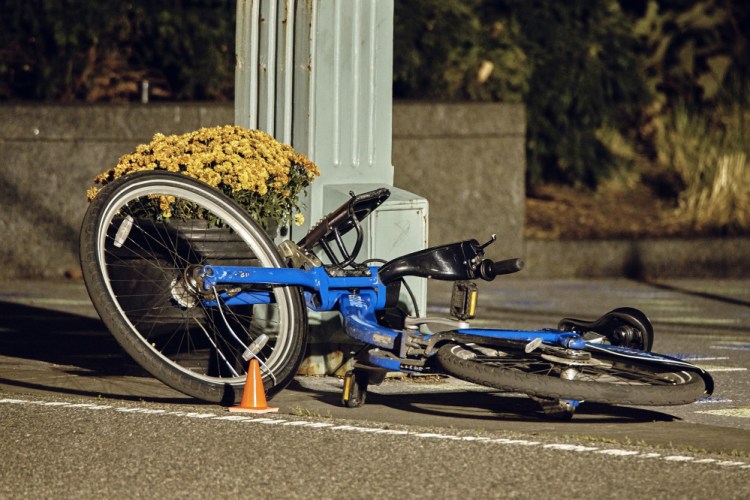Our hearts are aching for the friends and families of the eight people killed Tuesday on a Manhattan bike path by a Muslim immigrant in a rented pickup. But even as we mourn, we shouldn’t allow emotion to dictate our response to what’s being called an “act of terror.” Though extremist policies may satisfy a desire to avenge extremist violence, they won’t stop it from happening again.
The alleged attacker – Sayfullo Saipov, an Uzbek immigrant – is in the custody of police, who announced Wednesday that he “did this in the name of ISIS.” The attack closely lined up with the extremist group’s online calls for its followers to use close-at-hand means of killing people in their home countries. And notes left at the scene essentially said that Islamic State, or ISIS, “would endure forever,” according to police, and indicated that Saipov had been planning the massacre for weeks.
Amid the fear, grief and questions, we need a leader who can unite us behind proven, well-thought-out, comprehensive strategies for preventing future tragedies. Unfortunately, the leader we have is Donald Trump.
On Wednesday, the president demanded the elimination of the green-card lottery, which allowed Saipov to enter the country legally – even though federal reviews in 2007 and 2011 found no evidence that the visa program had led to terrorism.
He also implied that Senate Minority Leader Chuck Schumer, D-N.Y., who introduced the program in 1990, is essentially a culprit in the attack. Never mind that in 2013, as part of the Gang of 8, Schumer tried to end the program.
What would a better response look like?
It would drop the focus on extreme vetting. It wouldn’t have stopped Saipov – Uzbekistan hasn’t been included in any version of Trump’s travel ban. And it stigmatizes immigrants as terrorists-in-waiting when the Government Accountability Office has found that far-right extremists were responsible for 73 percent of the deadly terror attacks in the U.S. between Sept. 12, 2001, and last Dec. 31.
A better response also would acknowledge that there’s no link between holding radical views and carrying out violence. In fact, as Brennan Center for Justice researchers reported this year, there’s no set of reliable indicators that will tell authorities who is more likely to become a terrorist.
Finally, it would focus on the crying need for law enforcement, homeland security and intelligence resources to focus on understanding and addressing all forms of violence that threaten our safety – rather than allowing a leader bent on pushing a virulently anti-immigrant agenda to single out one group in an approach that is as unsound as it is ineffective.
Send questions/comments to the editors.



Comments are no longer available on this story